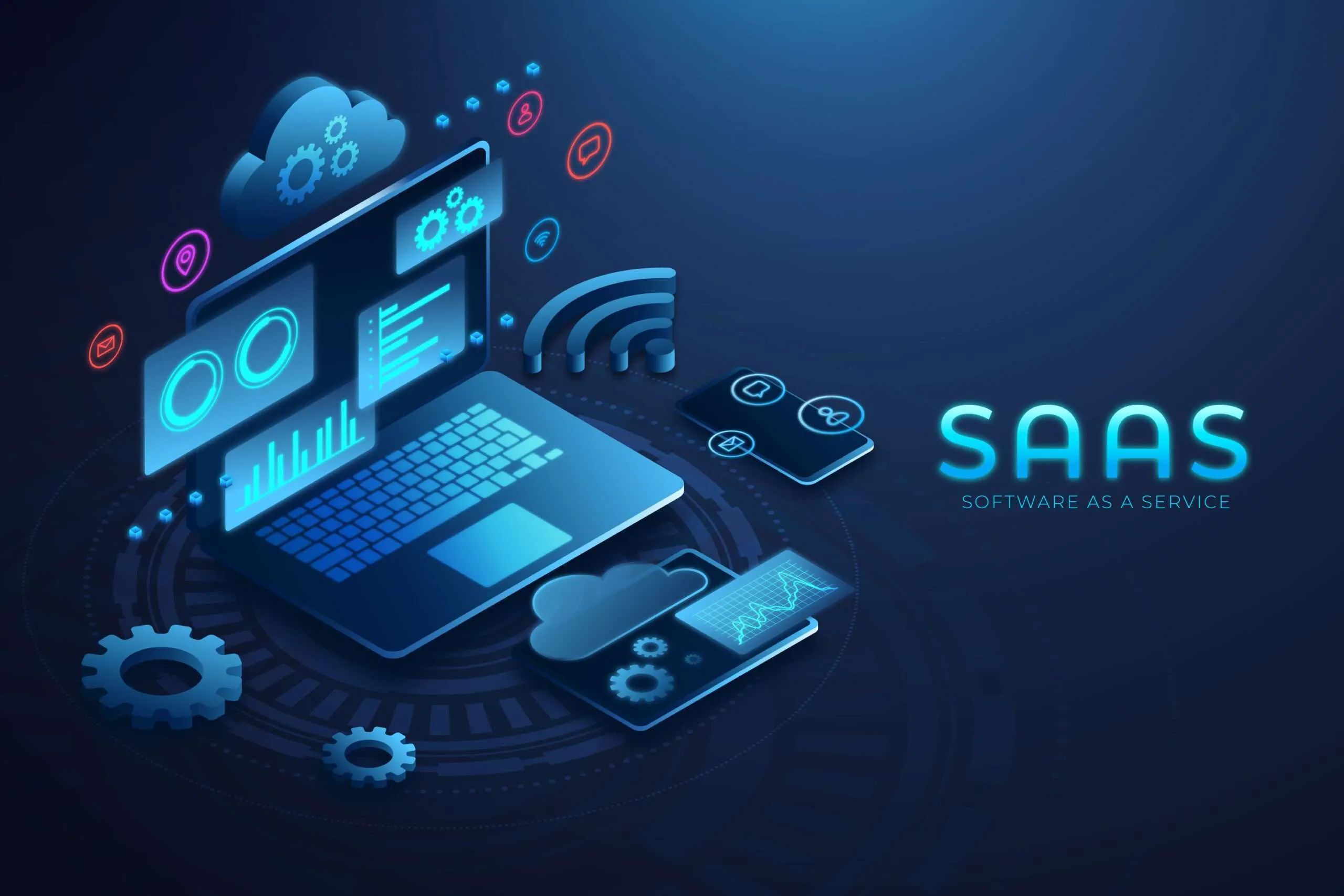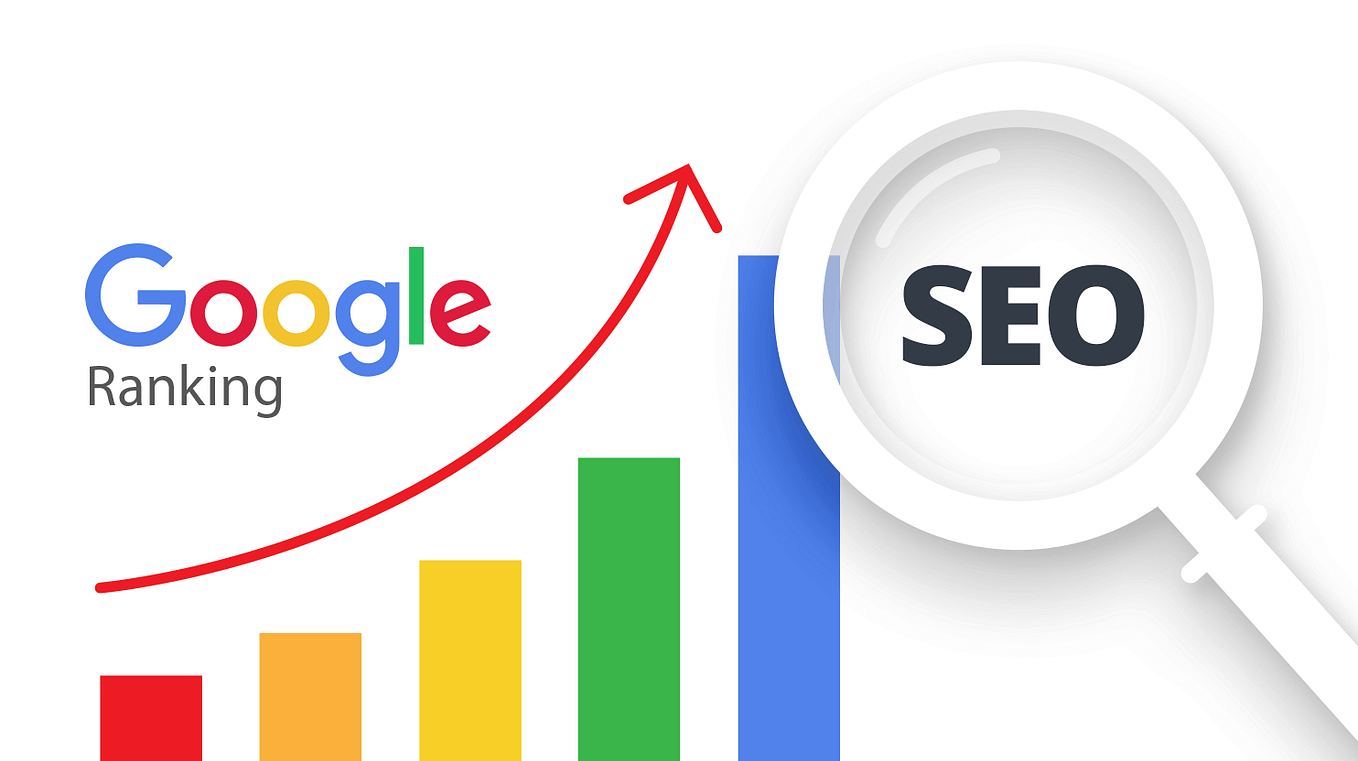Whether you’re a startup, SME, or a large enterprise, choosing the right kind of software can make or break your business. Should you go for a custom-built software solution tailored to your specific workflows? Or should you choose a SaaS (Software as a Service) product that’s ready-to-use and hosted by a third party?
Both have their strengths and limitations, and the decision isn’t always straightforward. As the best software company in Kolkata, we’ve worked with numerous businesses across sectors—retail, logistics, healthcare, education, and finance—and have seen firsthand how the right decision transforms business operations.
This blog helps you understand the key differences between custom software and SaaS, and guides you to make the best choice based on your needs, budget, and long-term goals.
What Is Custom Software?
Custom software is a solution that is built from the ground up, specifically to meet the needs of your business. It is developed based on your workflows, user roles, operational style, and future expansion plans.
Unlike off-the-shelf tools, custom software gives you complete ownership of features, data handling, and interface design.
Example:
A healthcare clinic in Kolkata might want a digital platform that integrates patient bookings, electronic prescriptions, inventory tracking, and lab test records. Such a tightly integrated and compliant system is rarely available in ready-made SaaS form, but a custom solution can bring everything under one roof.
Characteristics of Custom Software:
- Built for your exact needs
- Full control over UI/UX
- Unique and private – not shared with competitors
- Flexible to scale as your business grows
What Is SaaS?
SaaS stands for Software as a Service. These are cloud-based applications you subscribe to and access via the internet. You don’t own the software but pay to use it, either monthly or annually.
The provider is responsible for development, updates, bug fixes, security, and hosting. All you need to do is sign up, configure your settings, and start using it.
Example:
Tools like Salesforce, Slack, Dropbox, Shopify, and Google Workspace are SaaS products. They cater to broad use cases across industries and offer a plug-and-play experience.
Characteristics of SaaS:
- Web-based and subscription-driven
- Multi-tenant – shared among many users
- Feature-rich and user-friendly
- Managed entirely by the service provider
Key Differences Between Custom Software and SaaS
| Feature | Custom Software | SaaS Software |
|---|---|---|
| Ownership | Fully owned by your business | Licensed on a subscription basis |
| Customization | High – tailored to your needs | Limited to what the provider allows |
| Cost (initial) | High | Low or medium |
| Cost (long-term) | One-time + maintenance | Ongoing subscription fees |
| Setup Time | Weeks or months | Immediate or a few hours |
| Maintenance | Handled by your team or developer | Handled by provider |
| Scalability | Easily scalable with investment | Limited by provider’s feature roadmap |
| Data Control | Full control over data and privacy | Data hosted and controlled by provider |
| Integration | Seamless integration with internal tools | Limited integration based on APIs |
Advantages of Custom Software
1. Designed Around Your Workflow
Every business is unique. Off-the-shelf solutions often force you to adjust your process to fit their features. Custom software is designed around your existing workflow, ensuring maximum productivity.
2. Competitive Advantage
Because it’s built for you, it offers features that competitors can’t access. This gives you an edge in operational efficiency and customer satisfaction.
3. Flexibility and Scalability
Need to add a new module? Integrate a new payment gateway? With custom software, it’s easy to scale. You don’t have to wait for third-party updates or deal with limitations.
4. Security and Compliance
Custom software can be designed to comply with local and industry-specific data regulations, offering higher control over user permissions and data flow.
Disadvantages of Custom Software
- Higher Initial Cost: Since it’s built from scratch, custom software demands more upfront investment.
- Longer Development Time: Depending on the complexity, it may take weeks or even months to develop.
- Ongoing Maintenance: You’ll need a technical partner or in-house team to update, monitor, and manage the system.
Advantages of SaaS
1. Quick Deployment
SaaS applications are ready to use. Just sign up and start using them. They’re ideal for startups or teams that need tools immediately.
2. Lower Entry Cost
You don’t need to spend a lot initially. SaaS works on a pay-as-you-go model—monthly or yearly—which is budget-friendly.
3. No Maintenance
Updates, security patches, hosting, and support are all handled by the SaaS provider.
4. Easy Collaboration
Most SaaS products are cloud-based and mobile-friendly, making team collaboration easier across geographies.
Disadvantages of SaaS
- Limited Customization: You may not be able to add or change features beyond what’s available.
- Recurring Payments: Over time, subscription fees may exceed the cost of custom development.
- Data Privacy Issues: Your sensitive business data is stored on someone else’s server.
- Feature Gaps: If your business has complex needs, a SaaS solution might not cover all of them.
What the Best Software Company in Kolkata Recommends
At Syscentric Technologies — the best software company in Kolkata, we recommend taking the following steps before deciding:
1. Analyze Your Needs
Are you looking for a basic CRM or an ERP tailored for your retail chain? If your needs are basic and common across industries, SaaS can work. For niche requirements, custom is the way to go.
2. Calculate Total Cost of Ownership (TCO)
SaaS seems cheaper initially, but when calculated over 3-5 years, it may cost more than a one-time investment in custom development.
3. Consider Growth and Expansion
If you’re planning to scale, custom software gives you the flexibility to grow without being limited by external platforms.
4. Assess Technical Readiness
If you don’t have an in-house IT team, you’ll need a reliable development partner for custom software. If you prefer minimal tech management, SaaS may suit you better.
Real-World Example: From SaaS to Custom ERP
A manufacturing company in Kolkata came to us after struggling with multiple SaaS tools—one for inventory, one for HR, and another for billing. Data silos, high subscription costs, and integration issues slowed their growth.
We developed a custom ERP system with unified dashboards, real-time reports, and automated approvals. Within 6 months:
- They saved 30% on software expenses.
- Operational errors dropped by 40%.
- Staff training time reduced significantly.
The ROI they got from investing in custom software was far higher than their previous SaaS stack.
Conclusion
Choosing between custom software and SaaS is a critical decision. There’s no one-size-fits-all answer—it depends entirely on your business goals, operational needs, and budget.
If you want something fast, budget-friendly, and general-purpose, SaaS is the way to go. But if you’re looking for a scalable, secure, and business-specific solution, custom software is the right investment.
Need help deciding or planning your digital transformation? Get in touch with the best software company in Kolkata. We’ll guide you with unbiased advice, technical clarity, and a roadmap that aligns with your business goals.






